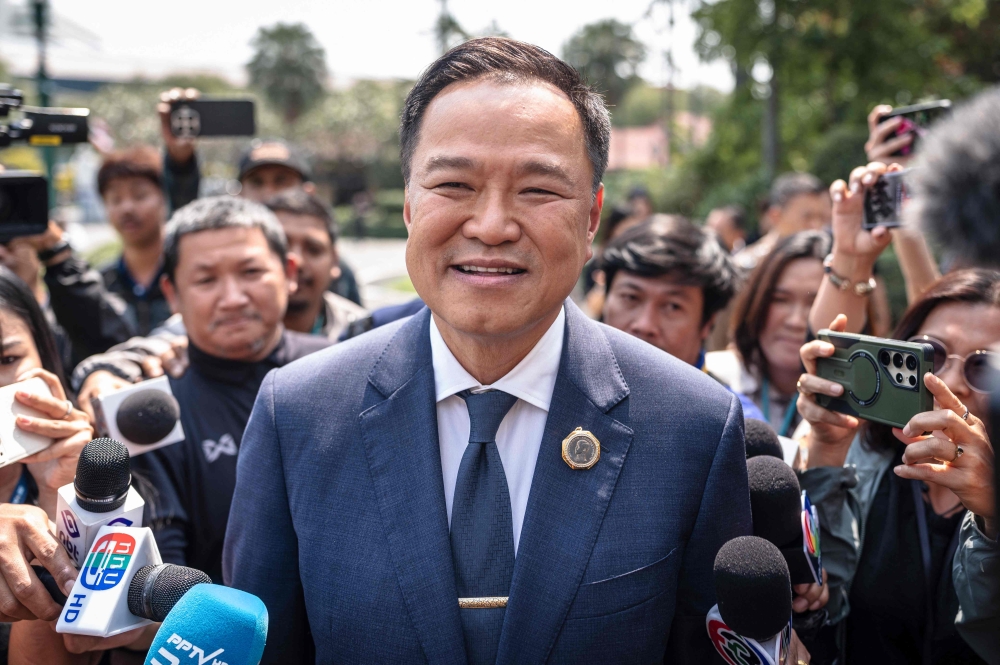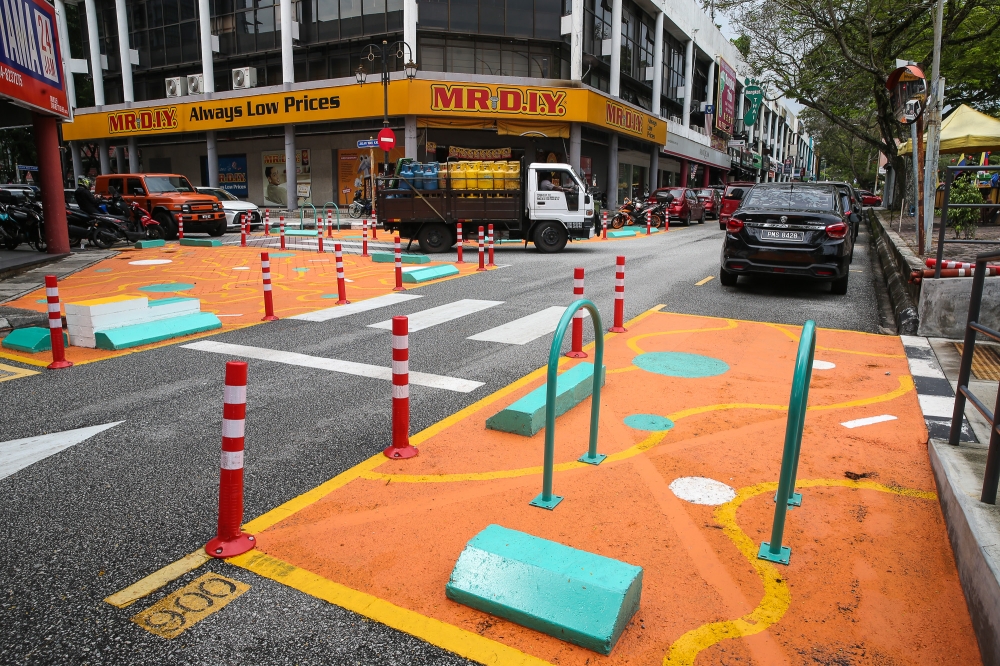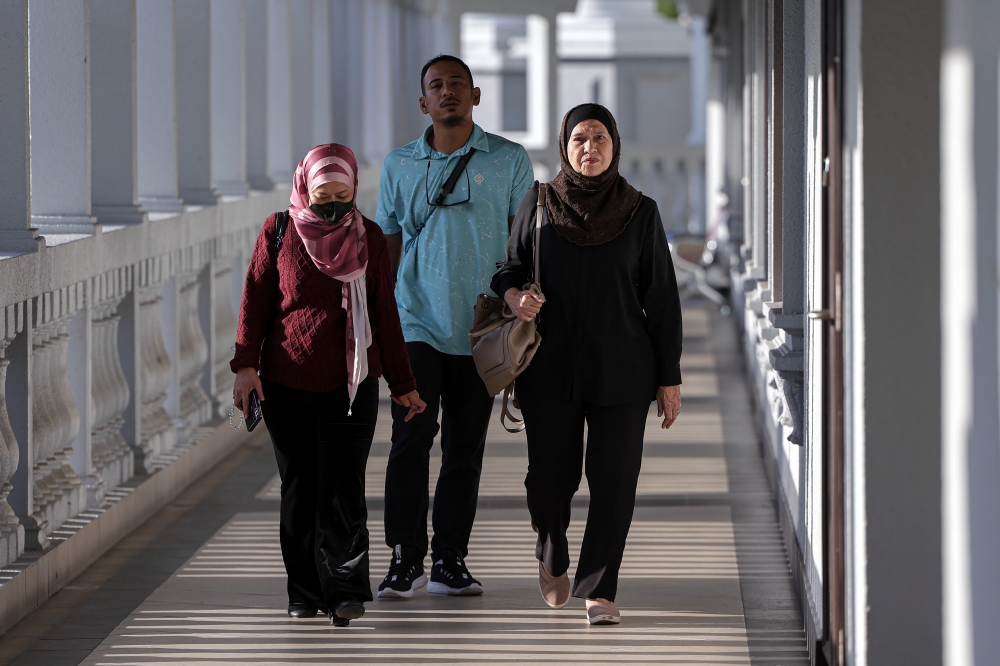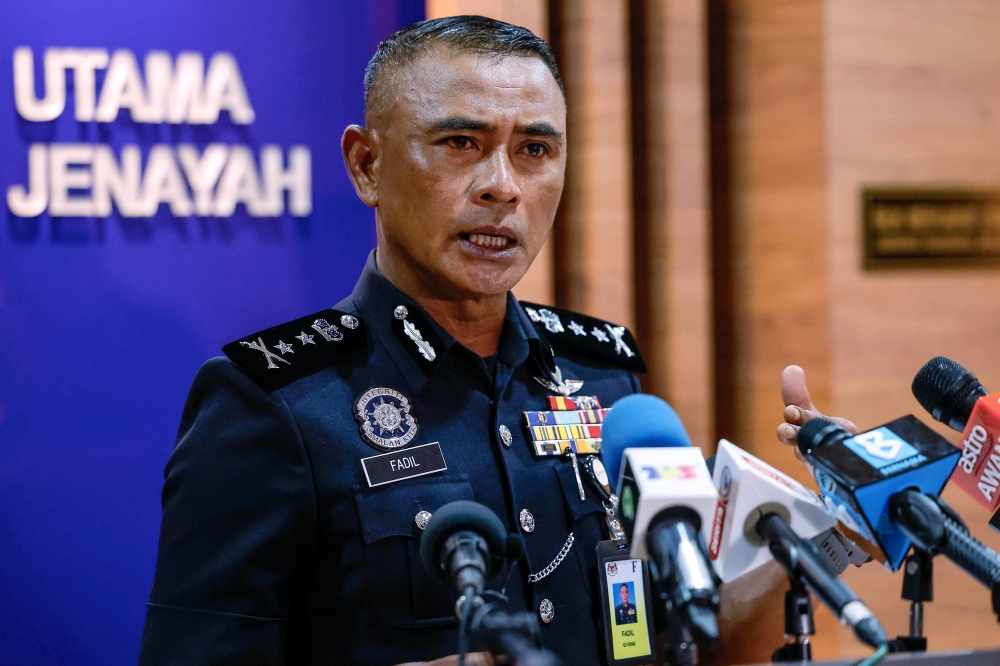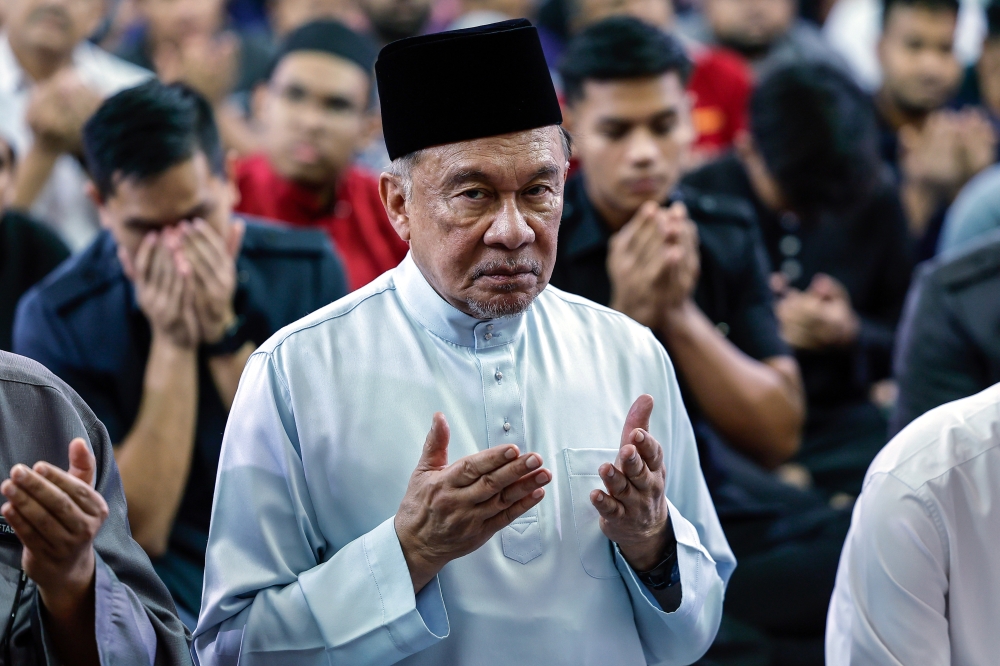WANG KELIAN (Perlis), May 26 — Police yesterday discovered 139 mass graves, each believed to be holding the remains of between three and four Rohingya and Bangladeshis, in 28 abandoned migrant “prison camps’’ a stone’s throw from the Malaysia-Thai border.
Inspector General of Police Tan Sri Khalid Abu Bakar said they made the gruesome discovery in thick jungle on hilly terrain on Friday.
He said the remains would be taken for post-mortem to establish the cause of death.
“We believe there may be more than one body buried in a single grave. Our forensic team will exhume the bodies once we establish the remains in the graves to be that of humans,” he told reporters.
Khalid said there was evidence those held by the human traffickers could have been tortured as well.
“Definitely I’m shocked and saddened by this. I’m human, too,” he said.
Present was Deputy IGP Datuk Seri Noor Rashid Ibrahim.
Khalid said operations to locate migrant camps started on May 11 following the discovery of mass graves in Thailand nearly two weeks before that.
He said one camp could accommodate about 300 people, another about 100 and other smaller ones between 10 and 20 people.
Khalid said police found the highly decomposed body of a person who could have died about two weeks ago in the largest camp.
He said police had divided a 49.5km area near the border into three phases for search operations to be carried out with Sector A from Tangga 100 to Wang Kelian, Sector B from Wang Kelian to Kurung Batang, and Sector C from Kurung Batang to Kampung Wai.
“Sector A is flat land on the Thai side with a steep area on our side, Section B is hilly land while Section C includes a village with padi fields and rubber plantations,” he said.
Khalid said police had obtained information on the camps from some of the 37 Malaysians detained in relation to human trafficking along the common border with Thailand.
“With the information we gathered from the suspects and exchange of information with our Thai counter parts, we managed to conduct the sweep and comb operations and find the abandoned camps,” he said.
“We have yet to establish any lorong tikus (rat trails through which illegal immigrants enter the country) in our search, but we are talking to the villagers to obtain information of the human trafficking syndicates, the people who built the camps and those responsible for operating them.”







